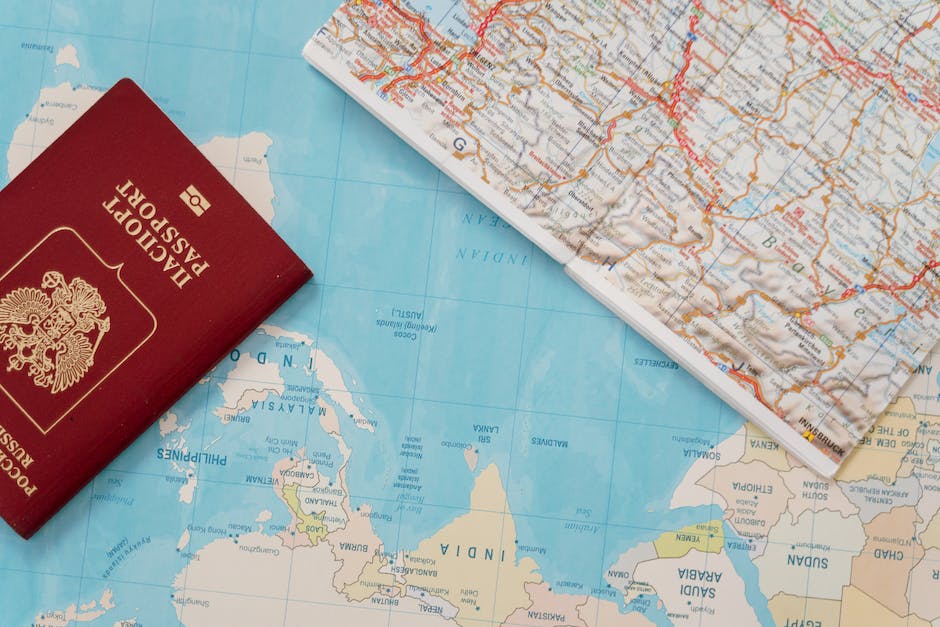Table of Contents
Polish citizenship through ancestry only applies to an individual who has at least one Polish ancestor. It could be a great-grandparent or parent. The main point is he must prove his origin and, based on that, go through the confirmation process. How to get Polish citizenship by descent, and what conditions need to be met? Check it out!
Who is eligible for citizenship by descent?
The current legal regulations clearly specify the eligibility for Polish citizenship. As you probably know, citizenship may be issued to a child born to a Polish citizen or a child (whose parents are unknown) found on the territory of Poland. The first case is well known as ‘the right of the blood and that’s what we would like to focus on in today’s article.
As we mentioned above, the right of the blood means that citizenship is passed from one generation to another. The fact a child was born in Poland or abroad does not matter at all. What matters is a child’s origin. At that point, it also needs to be said that the Act on Polish citizenship distinguishes more ways of acquiring it which are naturalization (applies to a foreigner who has strong connections with Poland) and citizenship by descent.
Citizenship through ancestry, to put it simply, means an individual has Polish roots but still does not have his citizenship confirmed. We do know it may seem complicated but we are here to help you with finding solutions for your case. So, if you are pretty sure your ancestors were born in Poland, you probably qualify for the confirmation process. It has to be checked first!
How to get citizenship by descent?
We have encountered several situations in which an individual had no clue whether he was eligible for citizenship in Poland and, as a result, gave up on looking for any evidence proving his origin. If you would like to know whether your ancestors once held citizenship in Poland, it is crucial to conduct research. Read more about Polish citizenship by descent at Five To Europe.
In such a case, you should find help from Citizenship Experts. They will ask you questions about your family tree and documentation (e.g. old birth or marriage certificates) you might have. Based on that, the Expert should make a final decision on further proceedings, such as research on citizenship across Polish archives and not only (if needed). Why is research important? It has to be checked whether your ancestors were born in Poland or resided there after the 20th of January 1920 and did not lose citizenship on the way. Once the outcome is positive, you can finally lodge a motion at the appropriate institution.
Before we let you know more about the Polish citizenship confirmation process, we would like to notice that your knowledge about family history may also be helpful! So, if you have any information, do not forget to mention it during the consultation with the Expert.
The process of Polish citizenship confirmation. Where to lodge an official motion?
Since you are here, you probably wonder what is the next condition you should fulfill. At the time your Polish origin is proved, there is nothing more left to do but lodge a motion at the Voiovedeship Office. The Voivode has the competence to confirm an individual’s citizenship based on the evidence stated in the motion. It is also worth mentioning you can do it remotely but the submission must be filled in Polish.
We will not give you a straight answer on how long it takes to confirm Polish citizenship. For example, if research is needed, the whole process may extend in time. What’s important, after the confirmation process successfully comes to an end, you will receive Polish citizenship confirmation and Polish vital records. The next step you should take is the passport application. Remember it is good to have it not only because of the fact it may serve as proof of your identity. The Polish passport makes traveling, working, or living abroad much easier.







